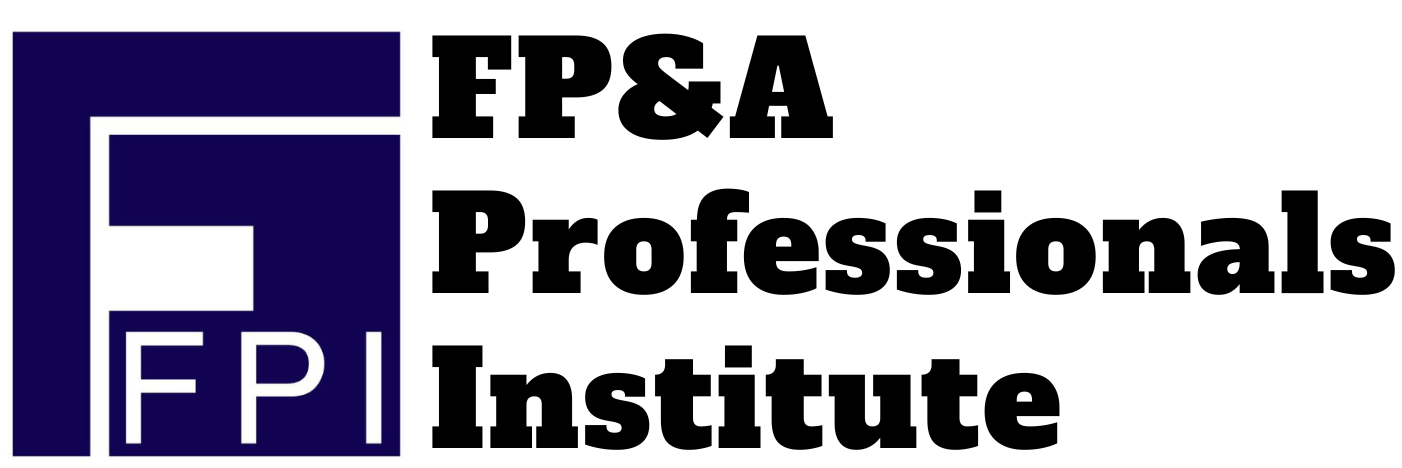Today, let’s talk about something a lot of FP&A Professionals face but rarely discuss — what happens when you leave a large, structured company for a smaller, fast-growing one.
If you’ve made this move recently, you might feel overwhelmed, out of your depth, and even question if you made a mistake.
You went from being a Small fish in a Big ocean where processes are set, teams are large, and your role is clearly defined. To suddenly expect to be a Shark in a small lake — managing everything end-to-end making big decisions, and doing so with little support.
Let’s break down:
- Why this happens
- How to succeed in a small company FP&A role
- And why this move could skyrocket your career if you handle it right.
Why Moving from a Large Company to a Small Company FP&A Feels So Hard
Let’s start with why this transition is so overwhelming.
- No ready-made processes: You’re expected to build models, set up reports, and define processes that don’t yet exist.
- You are the only Analyst. Everyone else might be a senior manager or director.
- Less time for training. In large companies, your manager has time to train you. Here, they’re busy and expect you to figure things out.
- Wearing multiple hats: You’re doing FP&A, accounting, business partnering, and sometimes even operations.
But here’s the good news. This pressure is what makes you grow fast if you lean into it.
Three Powerful Mindset Shifts to Make You Succeed
1. From Executor to Builder
In big companies, you execute. In small companies, you build.
- Example: Instead of following a budget template, you’ll create that template.
- Action step: Every time you solve something, document it—write your own manual. You’ll need it and so will others.
2. From Waiting for Instructions to Asking Better Questions
You won’t get step-by-step guidance. Instead, learn to ask powerful questions:
- “What is the outcome we want?”
- “What assumptions are behind this forecast?”
- “Who else should I talk to about this model?”
💡 Ask Accounting, Sales, and Ops they often know more than your boss has time to share.
3. From Narrow Role to Business Partner
Instead of focusing only on spreadsheets, talk to people:
- Sales teams to understand commissions.
- Accounting for revenue deferrals and accruals.
- Operations to understand cost drivers.
💡 Build relationships it’s a secret weapon in small companies (actually in any company)
Step-by-Step Plan to Succeed (Your 90-Day Roadmap)
Here’s a 90-day plan to go from overwhelmed to confident:
Month 1: Learn & Observe
- Understand existing models, reports, and processes.
- Map out who the key people are in Sales, Ops, and Accounting.
- Ask LOTS of questions. Aim to have 2-3 learning calls a week.
- Document what you learn — start building your “Survival Guide”.
Month 2: Collaborate & Co-Create
- Work with your manager on key tasks like forecasts, and commission models.
- Suggest small improvements. Show initiative.
- Start handling parts of models independently and check your thinking with others.
Month 3: Take Ownership
- Take charge of 1 or 2 major processes. Own it end-to-end.
- Set up weekly check-ins with your manager to share progress and get feedback.
- Present your work to stakeholders. Build visibility.
Why This Can be a Career Super move
Let me close with this.
If you can survive and thrive in a small company FP&A role, you can handle anything.
You’ll learn how to:
✅ Operate without a rulebook.
✅ Build models from scratch.
✅ Communicate directly with leadership.
✅ Think strategically. Don’t just follow processes.
When you go back to a bigger company later (if you ever want to), you’ll be miles ahead of others in terms of confidence, capability, and leadership.
So if you’re feeling overwhelmed right now.
That’s okay. It means you’re growing.
Take Your FP&A Career to the Next Level with CGFPA®
If you’re serious about building a high-impact FP&A career and want to shorten the learning curve, check out the Certified Global FP&A Professional (CGFPA®) program by the FP&A Professionals Institute (FPI). It’s designed to give you real-world FP&A skills: from building models to presenting to leadership and everything in between. These are lessons they don’t teach you in a typical job

The CGFPA program is designed by CFOs and FP&A industry experts to equip you with:
- Practical skills across budgeting, forecasting, variance analysis, and financial modeling.
- Hands-on training in data storytelling and advanced data analytics.
- Real-world case studies to develop business partnering and decision-support capabilities.
- A CPD recognized credential that signals your expertise in modern FP&A.

Here are the Program timelines:
· First Round of Applications close 22nd Feb 2025
· Early Bird Window closes 10th March 2025
· Extended Final Round of Applications close 18th March 2025
· Program Orientation 22nd Mar 2025
· Program Start Date 12th Apr 2025
For more details about the CGFPA Program visit our site here.
Submit your CGFPA Application Form here to check your eligibility
At FP&A Professionals Institute our mission is to help 1 million professionals master finance and FP&A skills. Whether you’re a beginner or an experienced professional, we offer comprehensive programs to help you excel.
🔗 Download Free FP&A Interview Prep Resources – Check the links here
🌐 Visit www.fpnaprofessionals.com to kickstart your FP&A journey today
If you found this helpful, don’t forget to like, share, and subscribe to our YouTube channel for regular FP&A insights.
